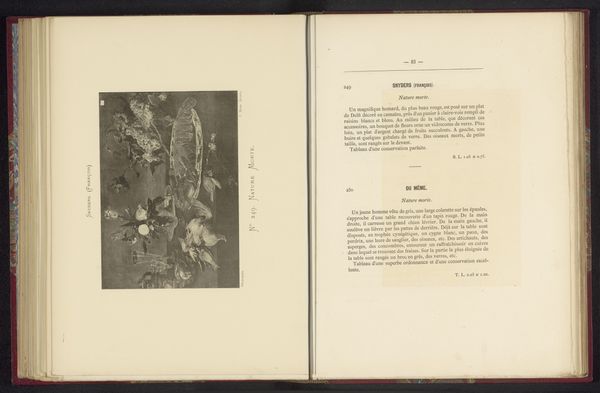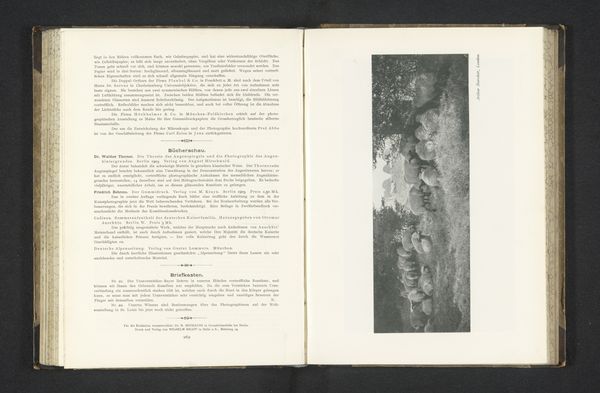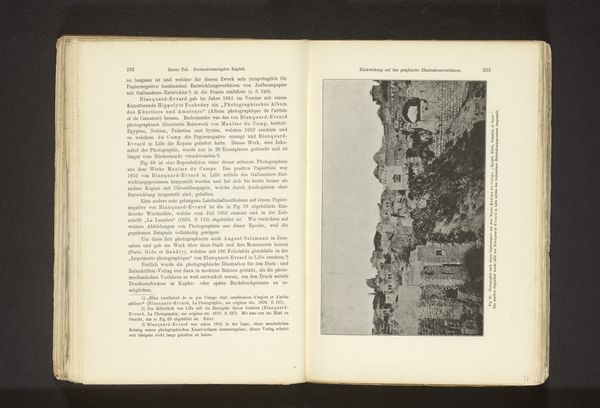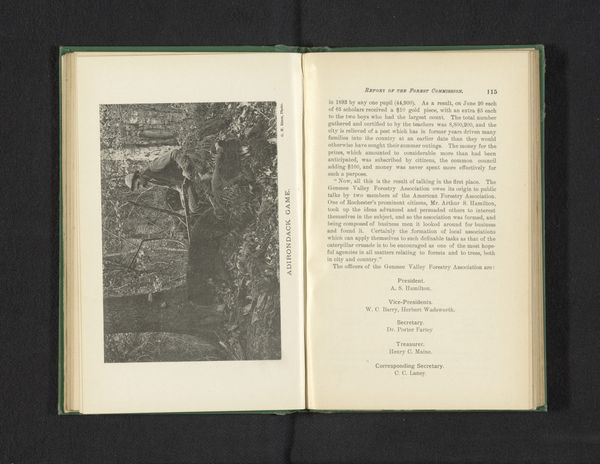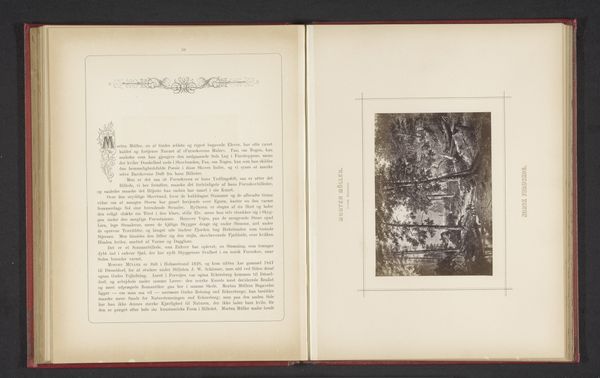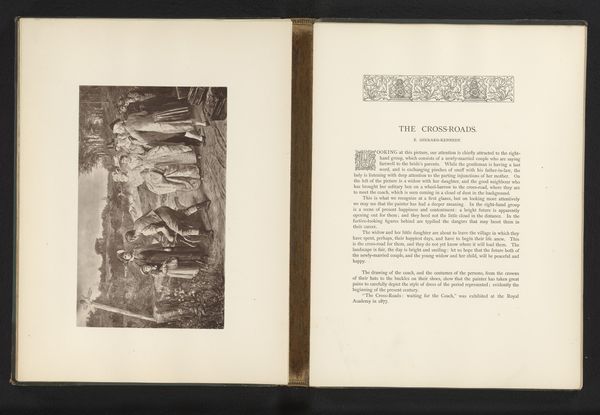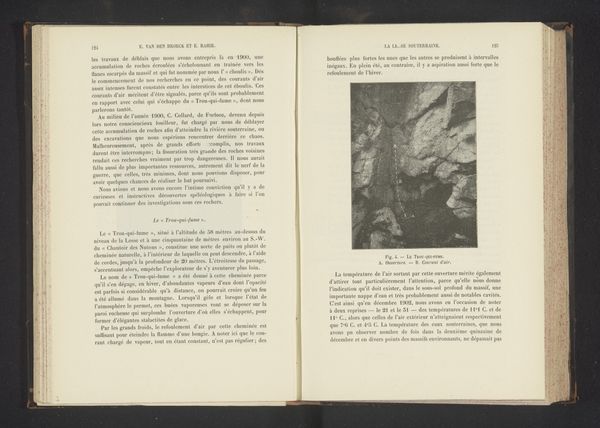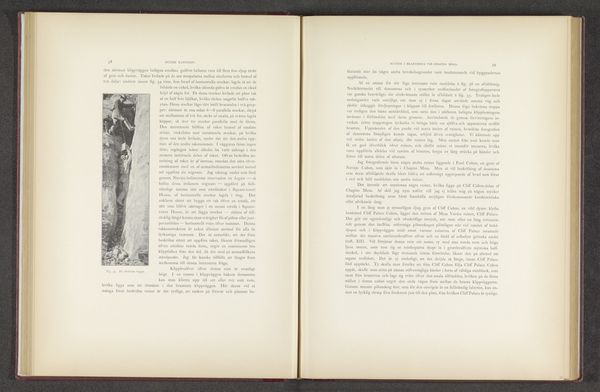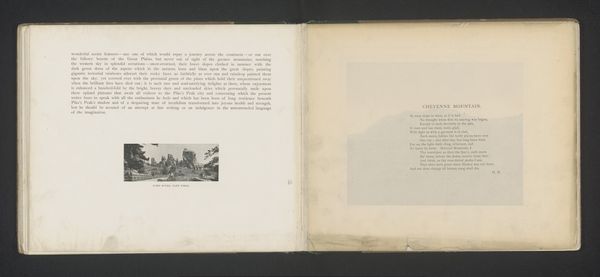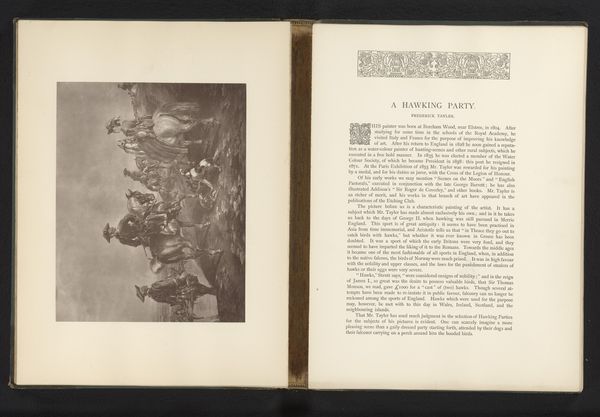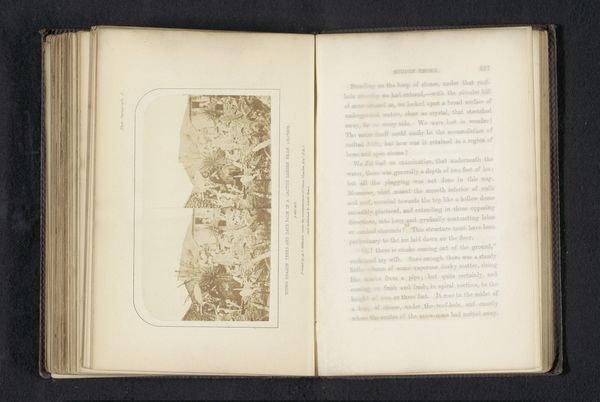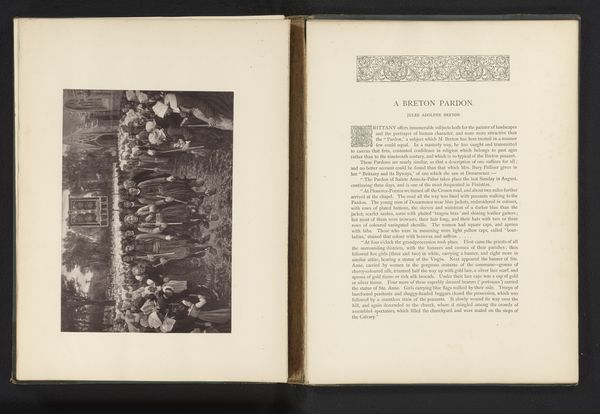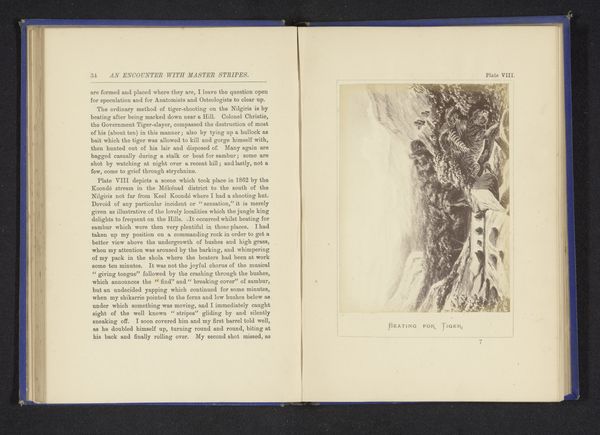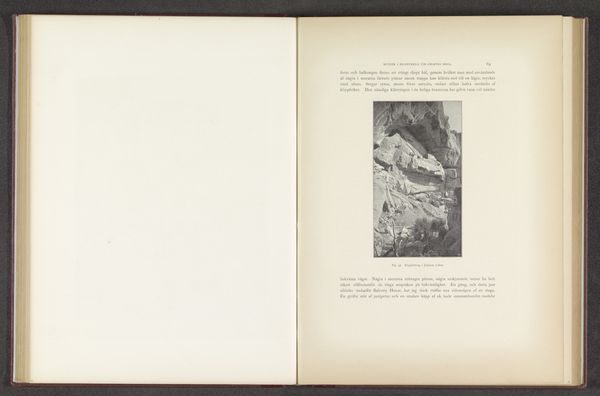
gelatin-silver-print, print, photography, gelatin-silver-print
#
portrait
#
gelatin-silver-print
# print
#
photography
#
orientalism
#
gelatin-silver-print
Dimensions: height 145 mm, width 98 mm
Copyright: Rijks Museum: Open Domain
Editor: We’re looking at “Zes vrouwelijke dragers uit Kanawar,” or “Six Female Porters from Kanawar,” a gelatin silver print from around 1892, by Gordon-Forbes. It has an almost dreamlike quality. What can you tell us about this photograph? Curator: This image invites us to consider the gaze, doesn't it? A Western photographer capturing women from Kanawar—now part of Himachal Pradesh, India—as "porters." We must question the power dynamics at play. How does Orientalism, prevalent at the time, shape our understanding? Are we truly seeing these women, or a projection of colonial fantasies? Editor: That’s interesting. It’s hard to ignore that this feels like an idealized image. Is that pictorialism at work? Curator: Precisely! Pictorialism sought to elevate photography to high art, often mimicking painting. But here, the romantic aesthetic potentially obscures a complex social reality. How does the title itself frame these women? As “porters,” defined by their labor, denying their individuality and agency. What are their stories beyond their role in this photograph? Editor: So, the photograph is less a neutral depiction and more a constructed narrative. Curator: Absolutely. We have to acknowledge the photograph's context. Consider that around the same period, the "suffrage" movement emerged in the West, seeking gender equality, whilst gender roles have specific resonance depending on geopolitical circumstances.. In this work, does the artist invite consideration about labor, class, race, or the geopolitics of portraiture? These historical contingencies add layers to the viewing. Whose voices are privileged and suppressed here? Editor: I never would have considered all that on my own. It's fascinating how much context changes my perception. Curator: Exactly! By examining these images critically, we confront the legacies of colonialism and the ongoing need for equitable representation. Editor: I’ll definitely be looking at photography differently from now on.
Comments
No comments
Be the first to comment and join the conversation on the ultimate creative platform.
